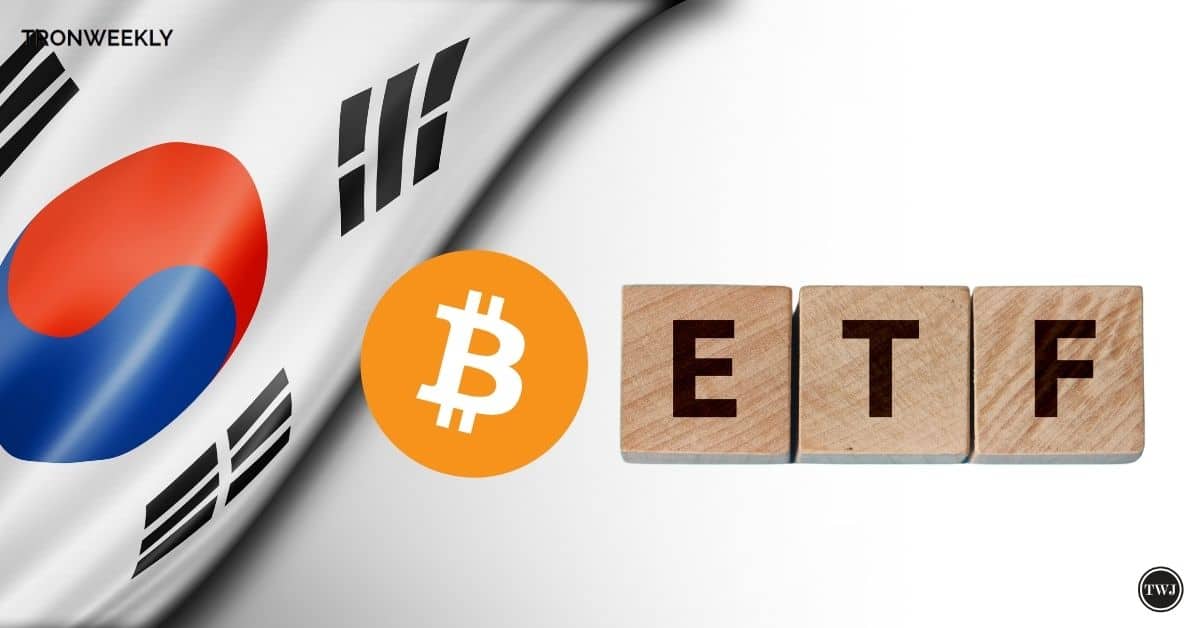
As a nation with an active cryptocurrency market, South Korea finds itself navigating policy decisions surrounding Bitcoin exchange-traded funds (ETFs) amidst upcoming parliamentary elections on April 9th, 2024. The two major political parties present divergent stances, vying for voter support.
The ruling People Power Party, led by President Yoon Suk Yeol, has pledged to postpone the implementation of a digital asset tax. This move aims to provide room for the emerging industry and encourage further participation, resonating with crypto investors.
On the other hand, the opposition Democratic Party has adopted a progressive approach, promising to ease restrictions on ETFs, including those linked to US Bitcoin products. “We’re going to allow the ETFs, whether domestic or overseas,” declared Hwanseok Choi, a policy specialist, aligning with the party’s manifesto. This stance resonates with over 6 million South Koreans actively participating in the crypto market through registered exchanges in 2023.
South Korea’s Bitcoin ETF Dilemma
South Korea’s regulatory stance on cryptocurrencies, particularly Bitcoin ETFs, has been cautious. This contrasts with the recent US approval of similar ETFs, which have amassed $57 billion in assets. The Korean Securities Commission’s opposition to these instruments has created uncertainty, impacting domestic stocks.
South Korea’s governing party proposes delaying the implementation of crypto taxes, addressing investor concerns about profitability. Analysts like Yumin Kim, an alternative asset expert at Hanwha Investment & Securities Co., believe that the eventual approval of Bitcoin ETFs would solidify the crypto market as a mainstream investment avenue in the country.
Balancing Innovation with Investor Protection
While South Korea actively participated in the recent crypto bull run, regulatory concerns persist. The dramatic collapse of Do Kwon’s Luna and TerraUSD tokens in 2022 serves as a stark reminder of the risks inherent to the market. However, the current surge, with a total market capitalization exceeding $900 billion this year, demonstrates the industry’s resilience.
Both major political parties recognize the need for robust investor protection measures and advocate for comprehensive regulations for the crypto industry. This suggests a potential shift towards a more accepting stance on digital assets in South Korea, aligning with broader trends across Asia. However, this path may diverge from the skepticism expressed by certain US officials.
The upcoming election will be a crucial turning point for South Korea’s cryptocurrency landscape. The chosen party’s approach to Bitcoin ETFs and regulations will significantly impact investor sentiment and the overall trajectory of the industry in the nation.










